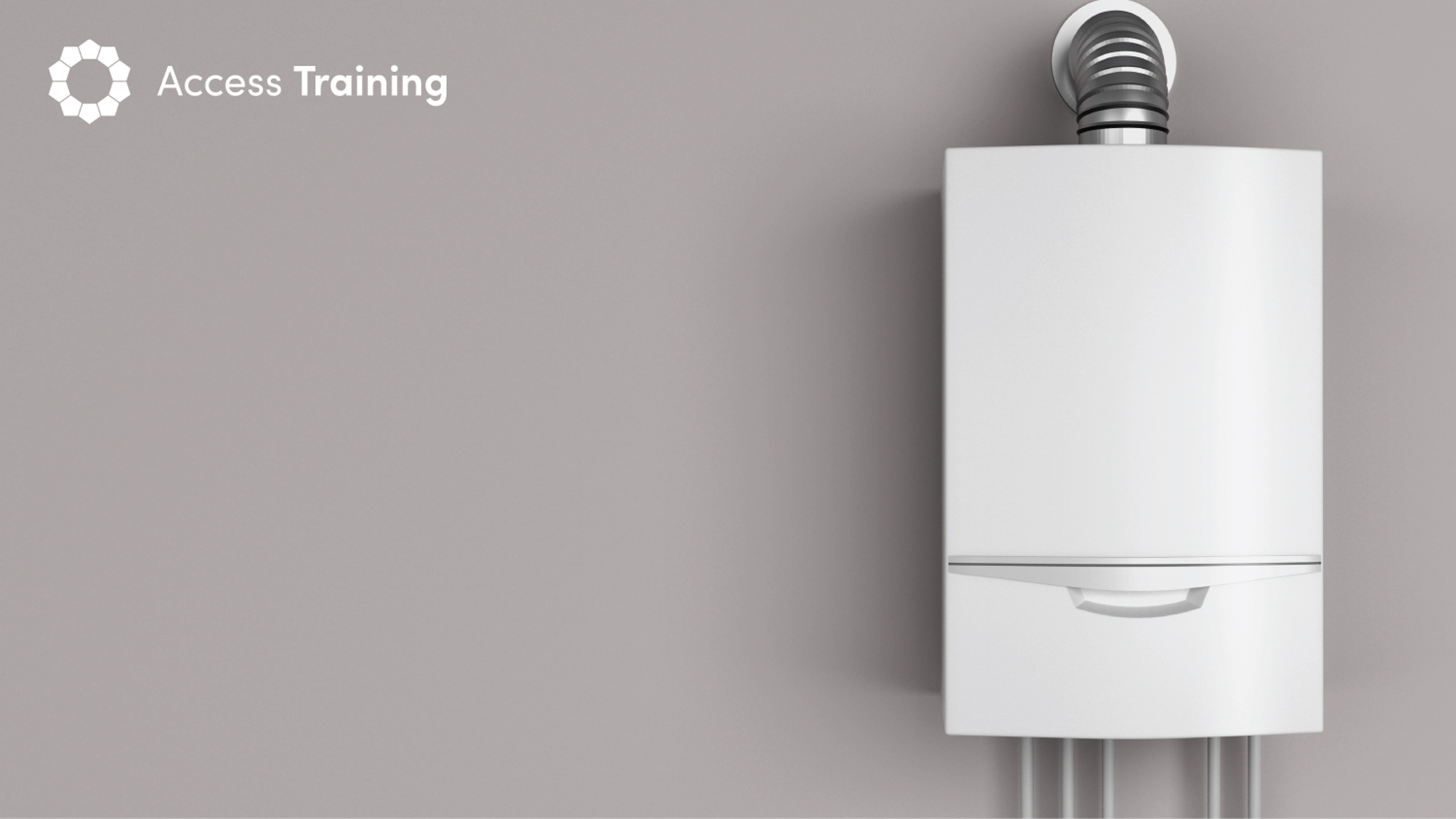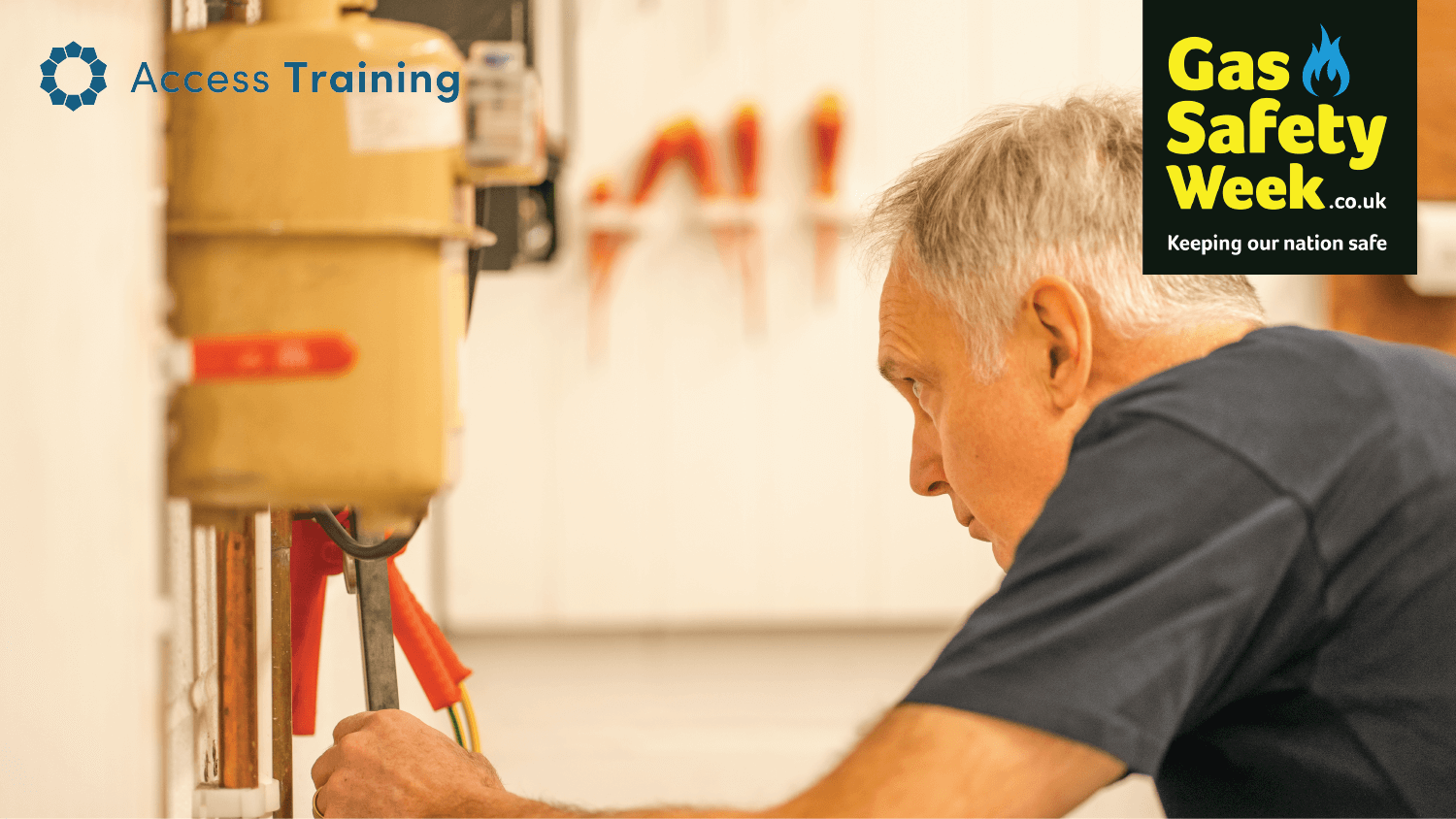
The cost-of-living crisis is affecting many homes and families within the UK - inflation is at a high of 10.1%, and there is no denying that times are incredibly tough. Gas and electric bills in the UK have seen a huge increase, with most people paying around £1570 more per year to fuel their homes. With households majorly limiting their gas and electric usage, there's a possibility that best practices for safety surrounding these utilities could be put on the back burner. But why?
The Gas Safe Register has released that a third of homes do not have yearly gas safety checks due to the cost-of-living crisis. According to Checkatrade.com, the average cost of a gas appliance check is around £80. For many, this is a huge expense that can seemingly be avoided. It's a difficult situation wherein people are attempting to scrape back costs by sacrificing safety. Clare Nasir, Meteorologist and TV weather presenter stated:
'While planning to turn off your heating for the months ahead, it's imperative that homeowners are prioritising gas safety in their homes and ensuring they do not skip their annual gas safety checks. Although homeowners, understandably so, are concerned about the increased cost of living - there are real risks to health, wealth and safety linked to not servicing and safety checking their gas appliances and boilers.'
When Should I Have My Boiler Serviced?
Ideally, you should have your boiler serviced annually to ensure that it's working at peak efficiency, and to weed out any maintenance issues that could cause a risk to your safety.
A gas engineer will check the condition of the boiler, along with the flue and chimney, as well as checking the pressure and temperature settings. Most importantly, a gas engineer will check for any leaks, blocked vents or signs of erosion or corrosion to identify any carbon monoxide risks.
Why Should I Have My Boiler Serviced?
A boiler service is an extremely important preventative measure - whilst it costs money upfront, you could easily incur the price of a service, and more, through repair issues down the line if you choose to not have it done. There are many benefits to having your boiler serviced, which make it worth the upfront cost:
- It keeps your boiler working efficiently
- It will help you to avoid high costs of repairs in the future
- It maintains the safety of your boiler
- It ensures that your manufacturer's warranty remains valid
What Will Happen If I Don't Service My Boiler?
By neglecting your boiler and failing to get it serviced, your home can become a very dangerous place extremely quickly. In the worst case scenario, a faulty boiler could cause a small explosion and reap damage to your property, alongside causing serious injury to any inhabitants.
In summer this year, a house in Birmingham had an explosion due to a gas leak from internal piping within the boiler, ending the life of one woman.
Not only that, but you could also be at high risk of carbon monoxide poisoning which is potentially fatal.
At Access Training, we train our Gas Engineers to the highest possible standard for your safety
We believe in quality trade education that lasts, for the peace of mind of our students and any customers that they work for in the future. For more resources regarding Gas Safety, take a look at our resources below.
Gas Safety Tips Why Do Gas Engineers Have to be Gas Safe Registered?
